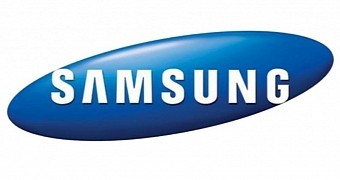You might not have believed Intel when it said, at IFA 2014 back in September, that it wanted to eliminate all cables by 2016, at least from PCs. But when you realize that it's not the only company working towards that end, it doesn't sound so daunting anymore.
Currently, cable Ethernet works at 1 Gbps, while Wi-Fi achieves less than that unless you have a dual-band router that can't fully be used by a single device anyway.
This will change soon, however, and you probably won't see as many local area network cables for sale in a few years.
By then, wireless implementations will have advanced enough that Ethernet cables will only be needed very rarely. The new technology from Samsung will play a bit role in this.
Samsung's 60 GHz 802.11ad Wi-Fi standard
Don't be too shocked yet. 60 GHz doesn't mean 60 Gbps, so it's not a sixty-fold improvement over the performance of cable LAN, or even regular Wi-Fi.
60 GHz is just the bandwidth of the new signal that the company has learned to harness, one that doesn't suffer from the interference issues that 2.4 GHz and 5 GHz implementations need to deal with.
The transfer speed is of up to 4.6 Gbps, which translates into 576 MB/s, five times faster than the 866Mbps / 108MBps possible through Wi-Fi as it is now.
It is also, coincidentally, faster than pretty much every SATA solid state drive, with very few exceptions. No wonder everyone is so anxious for those SF-3000 controllers from SandForce. Without them, cable-based SATA will fall behind Wi-Fi, as absurd as it is.
One of the factors that allows Samsung's 60 GHz technology to work as it does is the millimeter-wave circuit design technology, while beam-forming antennas ensure a wide coverage as well.
So you won't just get a massive performance boost, but you should also enjoy a much greater range for your cable-free devices.
Estimated time of implementation
Samsung hasn't commercialized the technology yet, mostly because the 60 GHz band spectrum hasn't been released for such things as of yet. That will only happen at some point in 2015. Fortunately, that means that the company isn't likely to delay the dissemination of the breakthrough once it gets permission.
It will be interesting to see if triple-band routers start cropping up like weeds, or if the 2.4 GHz band is forcefully phased out. Probably a mixture of both, at least for the 2015-2020 period.

 14 DAY TRIAL //
14 DAY TRIAL //